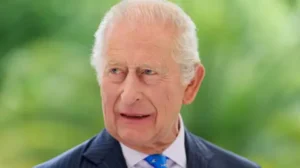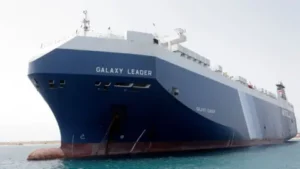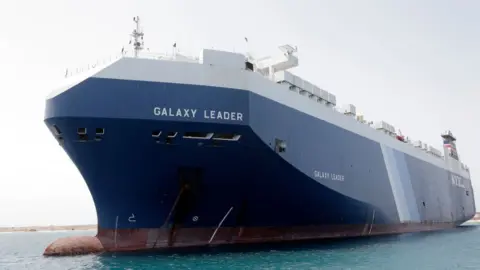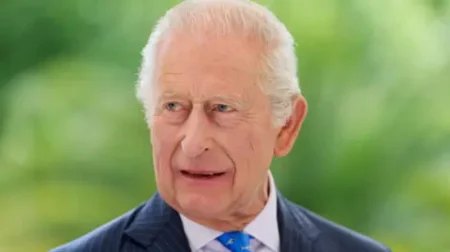Israel has recently conducted military strikes targeting Houthi-controlled areas in Yemen, escalating tensions in an already volatile region. The Israeli Defense Minister, Israel Katz, confirmed that the offensive aimed to hit three significant ports and a power station under Houthi control. Among the described targets was the commercial ship Galaxy Leader, known to have been hijacked by the Houthi rebels in the previous year. This vessel has been accused of monitoring maritime movements in international waters, heightening Israel’s concerns about the activities of the Iran-backed group.
Following the Israeli strikes on strategic locations such as Hudaydah, Ras Isa, and Saif ports, a retaliatory move saw two missiles launched from Yemen towards Israel. In this tense exchange, the Israeli military later acknowledged the missile threat, stating that air raid sirens were activated in multiple locales across Israel while the outcomes of their counteractions were still under assessment. Spokespersons for the Houthi military claimed that their air defenses were effectively engaged, utilizing a range of domestically-manufactured surface-to-air missiles during the Israeli airstrike.
The situation has brought attention to the broader context of the conflict, as Houthi-controlled media reported the strikes impacting Hudaydah without elaborating on the extent of damage or civilian casualties incurred. In a charged statement, Israeli Defense Minister Katz touted the operation—referred to as “Operation Black Flag”—as a decisive response to the actions of the Houthis, promising that the group “will continue to pay a heavy price” for their aggression. Katz further stressed the perceived nexus between Yemen and Tehran, ominously warning that any entity that poses a threat to Israel can expect dire repercussions.
The conflict dynamics have intensified since the onset of the Israel-Hamas war, with the Houthi rebels frequently launching missiles in solidarity with Palestinians in Gaza while also targeting maritime shipping in the Red Sea. The Israeli Air Force framed the latest bombing campaign as a response to what they characterized as “repeated attacks” by Houthis on Israeli territory and citizens. They accused these Yemeni ports of facilitating the transfer of arms from the Iranian regime to further violent activities aimed at Israel.
In the wake of the bombings initiated by Israel, Houthi officials confirmed that their air defenses had indeed responded to the strikes, corroborating earlier reports from the news agency Reuters. Aside from military objectives, the attacks have also disrupted crucial infrastructure; for instance, the Ras Kanatib power station, which supplies electricity to Ibb and Taizz—two significant cities—was among the facilities hit during the Israeli strikes.
This latest offensive occurs against a backdrop of previous Israeli military engagements in the port city of Hudaydah in the months of May and June. This port city serves as a primary conduit for food and humanitarian assistance to millions of Yemenis, making it particularly noteworthy that it has been a target for multiple Israeli operations in the past year.
In summary, Israel’s recent military actions against Houthi-controlled areas in Yemen reflect a significant escalation in a multi-faceted conflict involving key regional actors. The interplay between Israeli military initiatives and the retaliatory capacity of Houthi forces continues to shape the evolving geopolitical landscape, with implications not just for immediate participants but also for broader regional stability. The ongoing hostilities underline the pressing humanitarian concerns, as civilian sites and critical infrastructure risk further devastation amid the exchange of fire, raising alarms about the well-being of populations already suffering from the ravages of war.











